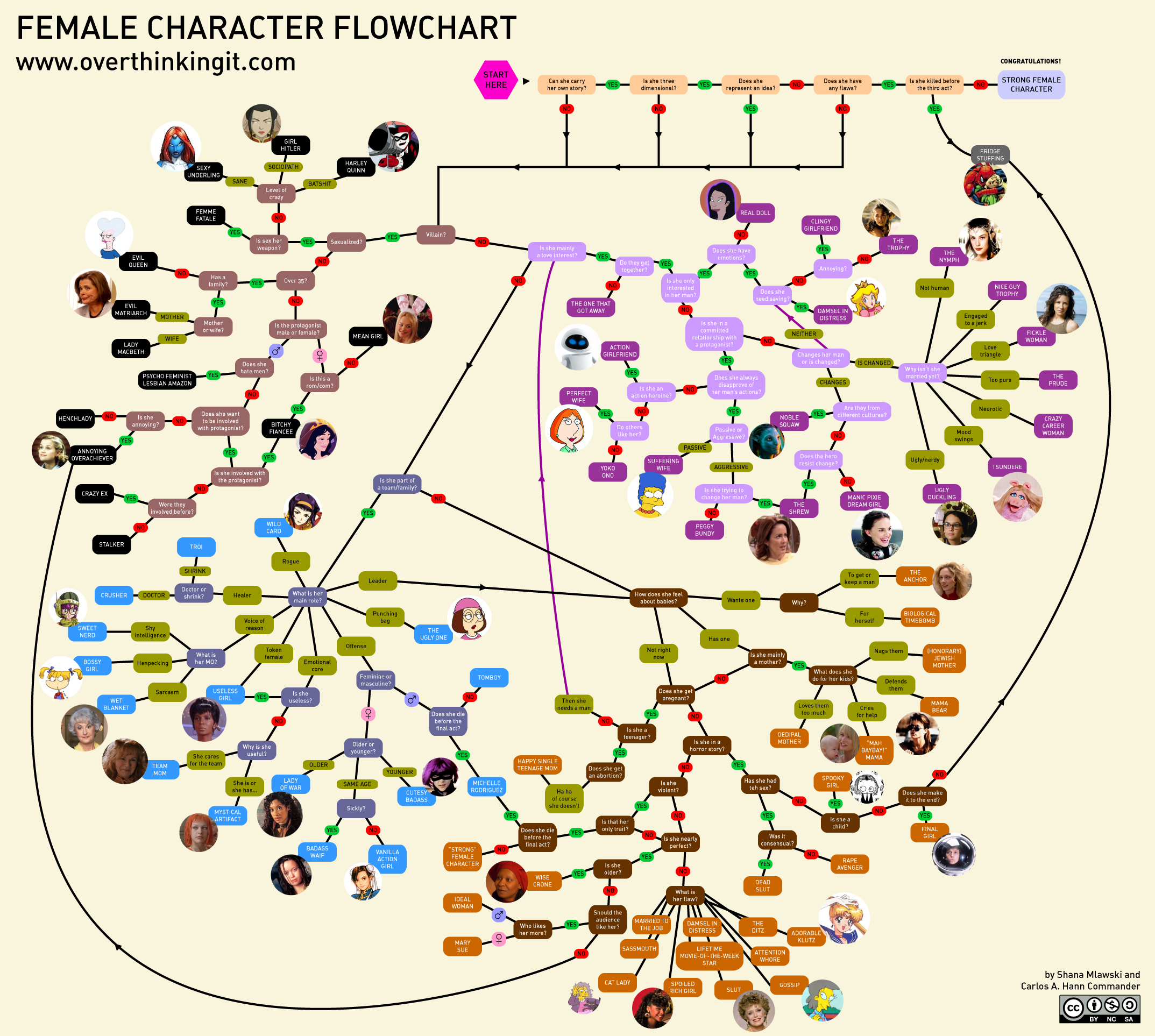Jewish women: Leaders but not heroes
A sharp piece by Shannon Sarna and Ruthie Warshenbrot takes the Jewish Federations of North America (JFNA) to task for the announcement that all five Jewish Community Heroes finalists are men. They wrote:
More than half of the 2010 Slingshot organizations are headed by women.
More than half of the 2009 Avi Chai Fellows (“the Jewish genius grant”) award winners are women. More than half of the current Joshua Venture Fellows are women.
And over 70% of Jewish professionals are women.
The number of women finalists in the Jewish Federations of North America’s recent Jewish Community Heroes campaign: Zero. The Jewish Heroes project fails to accurately reflect the landscape of the Jewish community’s best and brightest. When the vast majority of professionals working to enrich the Jewish community are women, how should it come to pass that not a single women is counted among our top five heroes?
The Jewish Community Heroes contest allowed the community at large to nominate and vote for unsung heroes who demonstrate “exceptional qualities and commitment in line with the mission of Jewish Federations of North America, strengthening Jewish community, and the ideals of tikkun olam.” The public voted in 6 women out of 20 semi-finalists. From that pool, a JFNA panel made up of 11 men and 6 women selected the five male finalists. So, it seems as though this disconnect -- between the reality of women's leadership in the Jewish community and the perception of Jewish women as community heroes -- is, in part coming from the community at large.
Shannon Sarna and Ruthie Warshenbrot ask "In our Jewish tradition, women are revered, respected and valued in so many ways. What is different about contemporary Jewish life that regards female leadership as less heroic?"
I certainly do not have a definitive answer to that question, but I do have one idea. If we look outside the Jewish community and think about representation of women in American culture, we simply do not see women in the role of "community hero." The folks at Overthinking It (via Gender Across Borders) put together a truly overwhelming female character flowchart diagramming the ways we stereotype women in literature, film and TV.
(click to enlarge)
On that flowchart, women can be the "Team Mom"; "Cutesy Badass"; "Adorable Klutz"; "Crazy Career woman"; "Nagging Jewish Mother"; "Damsel in Distress"; "Clingy Girlfriend"; "Annoying Overachiever"; "Evil Matriarch"; "Shrew"; "Manic Pixie Dream Girl"' and a whole lot more. There are plenty of words for women leaders and women with power - but no where on that ENTIRE flowchart (and believe me I have studied it to death) is the word "hero."
In America, we are getting more and more comfortable with the idea of female leadership. Of course, backlash exists and we categorize women leaders as "crazy career woman" or "annoying overachivers" who are "married to the job" and lacking in love. This trope seems to have overtaken the rom-com film industry. We see women as hardworking, brilliant, dedicated leaders -- but we don't see female leadership as heroic.
Why? Well, it could have something to do with the fact that women are thought to be naturally nurturing and benevolent. So, any effort by a woman to reach out and help those in need seems less like a "heroic act" and more like "what women already do." Alternatively, it seems heroic when men take on benevolent and/or nurturing leadership roles because it is not expected.
I am talking about deeply ingrained attitudes based on centuries of assumptions about gender, and these things are hard to change. Still, that does not let JFNA off the hook for what happened here. With power comes responsibility, and it is their job as community leaders to help bring about this change. Shannon Sarna and Ruthie Warshenbrot write:
While JFNA cannot control who the Jewish community votes for (or which nominees have the broadest social networks), it is their responsibility as a major Jewish institution to ensure that a campaign of this scale is one that shines a spotlight on all our unsung heroes, including women. In today’s world of limited resources and unlimited opportunity, JFNA is often put on the defensive to justify their good work as a “legacy organization.” By selecting an entirely male cohort of Jewish Community Heroes finalists, JFNA presents itself as horribly behind the times in the very campaign it launched in an attempt to demonstrate the organization’s renewed relevance. We need to stop letting ourselves and our institutions off the hook if we are committed to a vibrant Jewish future.
I couldn't agree more.








